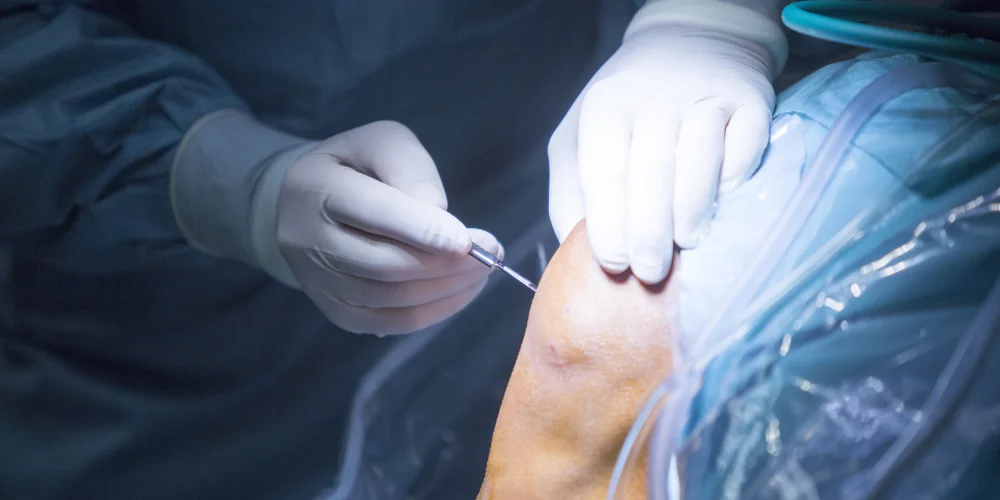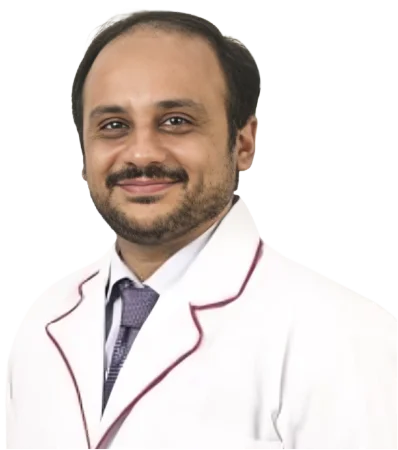Trauma Surgery
Providing Critical Care When You Need It Most
A trauma surgeon is highly specialized area that focuses on the immediate surgery for life-threatening wounds as well as ailments caused by accidents violent incidents, or sudden illnesses. In Chirayu Super Speciality Hospital, our trauma surgeons are equipped with cutting-edge techniques and a wealth of experience to provide immediate medical care for patients suffering from critical conditions. From severe fractures to internally bleeding, to brain injuries as well as complex wounds, our goal is stabilizing patients to take care of their injuries and establish the right conditions for their recovery. Through a multidisciplinary approach, we offer comprehensive treatment that is tailored to the specific needs of each patient.

What is Trauma Surgery?
Trauma surgery is the surgical treatment of injuries caused by injuries caused by penetrating or blunt force like those that occur during crashes, car accidents and assaults, or in industrial accidents. Trauma surgeons are specially trained to deal with a variety of situations, such as injuries to the neck, head or chest, abdomen and extremities. The objective is to rapidly evaluate the severity of injuries, make required surgical procedures to avoid complications that may endanger the patient’s life or health.
Who Performs Your Surgery?
The trauma surgery performed is performed at Chirayu Super Speciality Hospital is performed by a group comprised of skilled, board certified trauma surgeons. They are assisted by an interdisciplinary team comprising doctors of emergency, surgeons anesthesiologists radiologists and specialists in critical care. Trauma specialists are present 24 hours a day, 7 days a week to respond to emergencies, making sure that patients receive the best quality of care in potentially life-threatening situations.
Types of Trauma Surgery
- Head and Neck Trauma Surgery : Addressing injuries such as skull fractures, brain injuries, and severe facial trauma to prevent neurological damage and ensure structural integrity.
- Chest Trauma Surgery : Managing injuries to the chest, including rib fractures, lung punctures, and heart injuries, often requiring procedures like thoracotomy or chest tube placement.
- Abdominal Trauma Surgery : Treating internal bleeding and damage to organs like the liver, spleen, and intestines, commonly through laparotomy or minimally invasive techniques.
- Orthopedic Trauma Surgery : Fixing fractures, dislocations, and injuries to the limbs and joints, using methods such as internal fixation with plates and screws, or external fixation devices.
- Vascular Trauma Surgery : Repairing damaged blood vessels to restore circulation and prevent life-threatening blood loss.
Symptoms Indicating Need for Trauma Surgery
A sign that surgery for trauma might be required include extreme discomfort, loss of consciousness, severe bleeding visible bone defects, chest pain, breathing difficulty abdominal pain, as well as symptoms of shock, such as fast heartbeat, confusion or a pale complexion. A prompt medical examination is essential for anyone who experiences these symptoms after an injury or accident.
Diagnosis for Trauma Surgery
The process of diagnosing traumatic injuries begins by performing a rapid initial examination to determine life-threatening conditions and then a second examination to assess other injuries. Diagnostic imaging techniques like X-rays CT scans and MRIs are essential in determining the severity and location of the injuries. Tests for blood and other diagnostics can also be used to evaluate the patient’s overall health.
Treatment Process
The process of treatment for trauma surgery is rapid stabilization and treatment of patients usually with interventions to seal the airway, stop bleeding, and ensure circulation. Once the patient is stabilized, he is transported to an operating room to undergo surgical treatment of any injuries. Based on the nature of the accident, this might include repairing damaged organs and stopping the internal bleeding process, setting fractures or any other procedures that are required. The trauma team works swiftly and efficiently to deal with any serious injuries using an approach that is multidisciplinary to provide complete treatment.
Care and Recovery After Surgery
The healing process following trauma surgery differs dependent on the severity of the injuries and the kind of surgery that are performed. Post-operative care involves surveillance in the intensive care unit (ICU) and the management of pain, wound care and preventing complications such as infections. Physical therapy and rehabilitation are vital to recovery and help patients recover the strength, mobility and functioning. Recovery can take up to a few months, and a follow-up treatment is essential to track the healing process and ensure long-term health.
Advantages of Choosing Our Surgery Services
24/7 Trauma Care Team
Ready to provide immediate surgical care for all types of traumatic injuries.
Multidisciplinary Approach
Collaboration with orthopedic, neurosurgical, and plastic surgery specialists for holistic trauma management.
Advanced Life-Saving Techniques
Use of the latest surgical methods to manage and treat complex trauma cases effectively.
What Our Patients Say
Read about our patients positive experiences and how Chirayu Super Speciality Hospital has positively impacted their health and well-being.


Thanks to Chirayu trauma surgery, my recovery has been quicker than expected. I’m grateful for their excellent care.


The expertise of Chirayu trauma surgeons was evident. They managed my critical injuries with precision and care.


After a fall from a height, I received exceptional care at Chirayu. The trauma team stabilized my condition and managed my injuries.


I was brought to Chirayu after a serious car accident. The trauma surgeons saved my life with their quick and expert care.
Meet Our Medical Specialists
Our experienced trauma surgeons provide rapid, life-saving care for critical injuries, ensuring the highest standard of emergency treatment.
Frequently Asked Questions
Here, we provide answers to some of the most commonly asked questions to help you better understand about our surgery services. If you have any additional questions, please do not hesitate to contact us.
Trauma surgery involves emergency surgical care to treat severe injuries caused by accidents, violence, or sudden illness.
Trauma surgery is needed for life-threatening injuries such as internal bleeding, head trauma, fractures, and damage to vital organs.
Surgeons perform a rapid assessment to identify life-threatening conditions first, then proceed with necessary surgeries to stabilize the patient.
Call emergency services immediately and provide first aid if possible. Do not move the patient unless necessary to prevent further injury.
They treat injuries to the head, neck, chest, abdomen, extremities, and blood vessels, including fractures, organ damage, and severe wounds.



